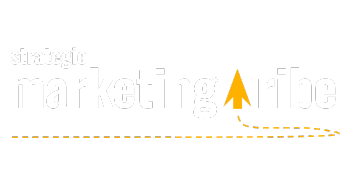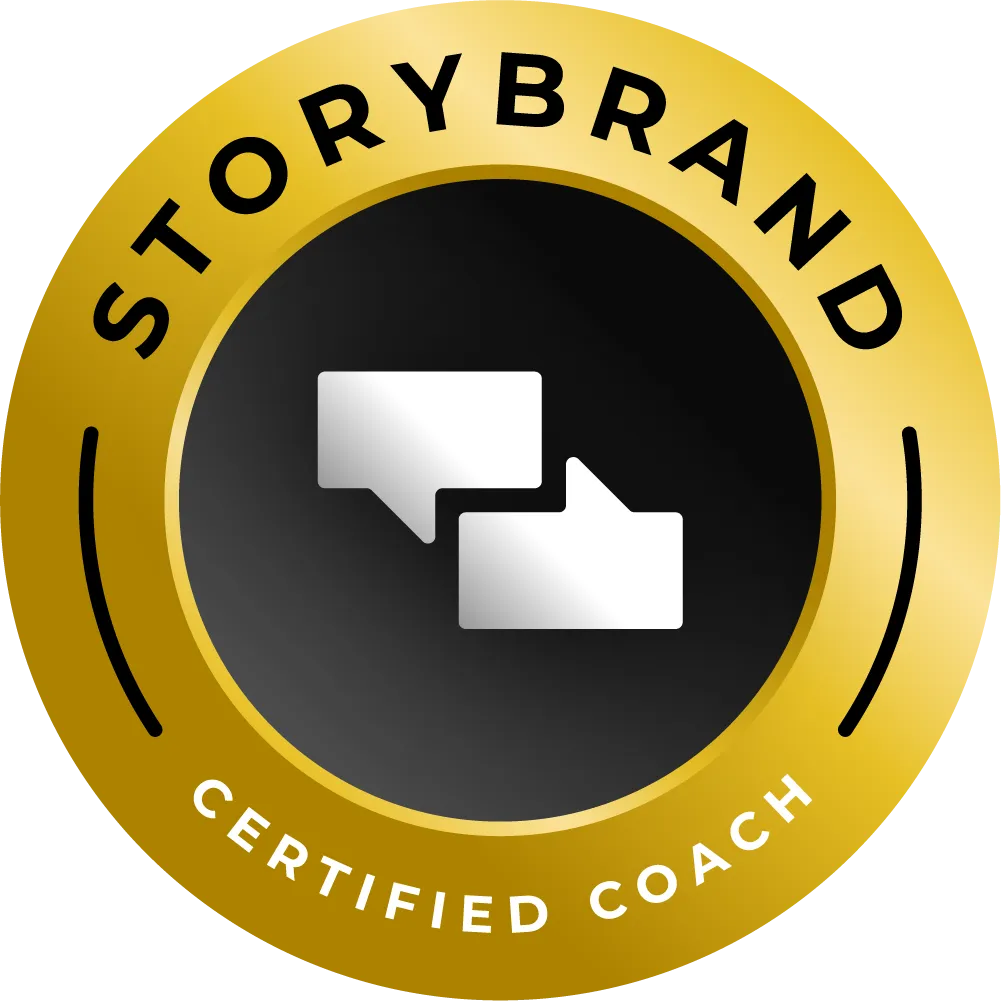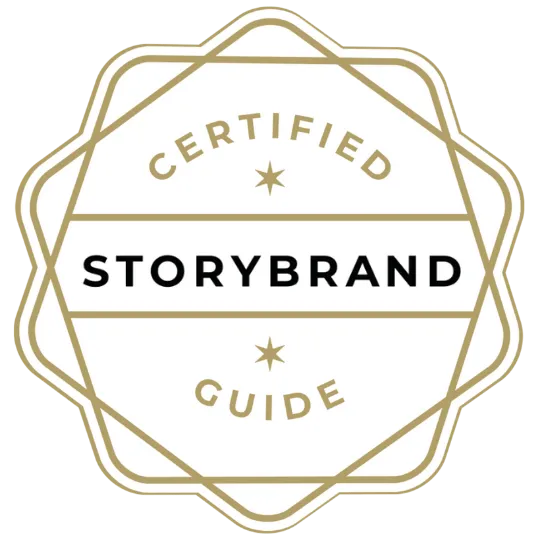Thank You for Downloading Our Resource

Thanks for downloading our resource! We hope you find the information valuable as you attract, nurture, and retain your ideal customers.
If you didn't receive the download email, please wait a few minutes and then check your spam folder. (If you find it there, please remember to whitelist us!)
If you still don't see it, please email [email protected], and we'll make sure you get it!
While you're here, check out these other helpful marketing tips:
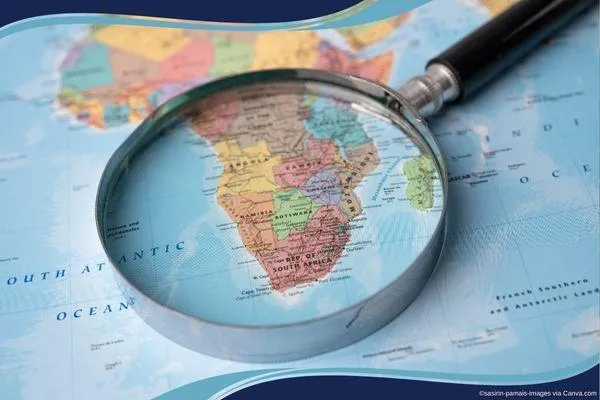
Global SME Ministerial Set for G20—Here’s What Small Businesses Can Do Now
By Vicky Sidler | Published 31 May 2025 at 12:00 GMT
If your small business feels like it’s paddling upstream through a global “polycrisis,” you’re not alone. The good news? Help is on the horizon—and this time, it’s wearing a suit.
From July 22–24, 2025, South Africa will host the first-ever Global Small Business Ministerial in Johannesburg as part of its G20 presidency. This marks the first time the G20 includes a dedicated global platform just for small businesses—and it couldn’t have come at a better time.
Why This Event Matters for You:
This isn't another fancy summit with vague promises. The focus is razor sharp:
Access to finance
Digital connectivity
Green transition
These aren’t buzzwords. They’re the real-world hurdles small businesses face when trying to compete in global markets. And now, they’re at the top of the world’s policy agenda.
In the words of Minister Stella Tembisa Ndabeni, the G20 is a chance to stop just discussing problems and start finding solutions. The event will bring together ministers, trade bodies, and entrepreneurs to create a shared roadmap to support small businesses like yours.
The Backstory—A Global Economy That’s Not Built for the Little Guy:
Let’s be honest—global trade has never been easy for micro, small, and medium-sized enterprises (MSMEs). You need financing, clear regulations, and access to digital platforms just to have a seat at the table. But what you often get is red tape, tech gaps, and financing that seems to vanish the moment you need it.
Add in supply chain shocks, inflation, and climate concerns, and you’ve got what experts call a “polycrisis.” Catchy name. Painful reality.
But this isn’t just a doom scroll. It’s also a wake-up call.
Why This Summit Signals a Turning Point:
Here’s what’s different this time:
The International Trade Centre (ITC) has already helped over 5,000 MSMEs access new markets and boost competitiveness.
The Enhanced Integrated Framework (EIF) has helped countries like Uganda, Senegal, and Togo mainstream small business support into national budgets.
Women-led MSMEs are finally being prioritized in financing initiatives from groups like the International Finance Corporation (IFC).
These aren't handouts. They're systems that build self-sufficiency—the kind that lets small businesses grow sustainably, create jobs, and reduce dependency.
So What Can You Do About It?
As a StoryBrand Certified Guide and Duct Tape Marketing Strategist, I help businesses like yours turn big shifts like this into simple, strategic action.
Here’s a breakdown of how you can ride the momentum of the Ministerial right now:
1. Check Your Global Readiness:
If you’ve ever considered exporting, now’s the time to revisit that idea. Platforms like the Global Trade Helpdesk and Trade4MSMEs offer free guidance and data. Use them.
2. Tell a “Big Picture” Story:
Your marketing shouldn’t just say what you do—it should show why it matters globally. Example: “We’re helping reduce carbon emissions by sourcing locally.” Tie your message to the themes of the Ministerial: finance, digital access, and sustainability.
3. Start a Micro-Partnership:
Think big by starting small. Join a local innovation hub, reach out to a nearby women-led business for a joint offer, or register for an e-commerce platform like the ones rolled out in South Sudan or Senegal. These tiny steps build bridges to international markets.
These aren’t hypotheticals. These are proven tactics small businesses around the world are already using to grow.
It’s Your Move—Global Change Starts Local:
The Global SME Ministerial isn’t just about ministers making speeches. It’s about creating momentum that small businesses can act on now.
And yes—your business, right where it is, can be part of that movement.
If your message isn’t quite ready for global impact, start with my 5-Minute Marketing Fix. It helps you get clear on what you do, why it matters, and how to say it simply—so buyers (and investors) listen.
👉 Download your free 5-Minute Marketing Fix here.
Because even in a polycrisis, clarity still wins.
Created with clarity (and coffee)
